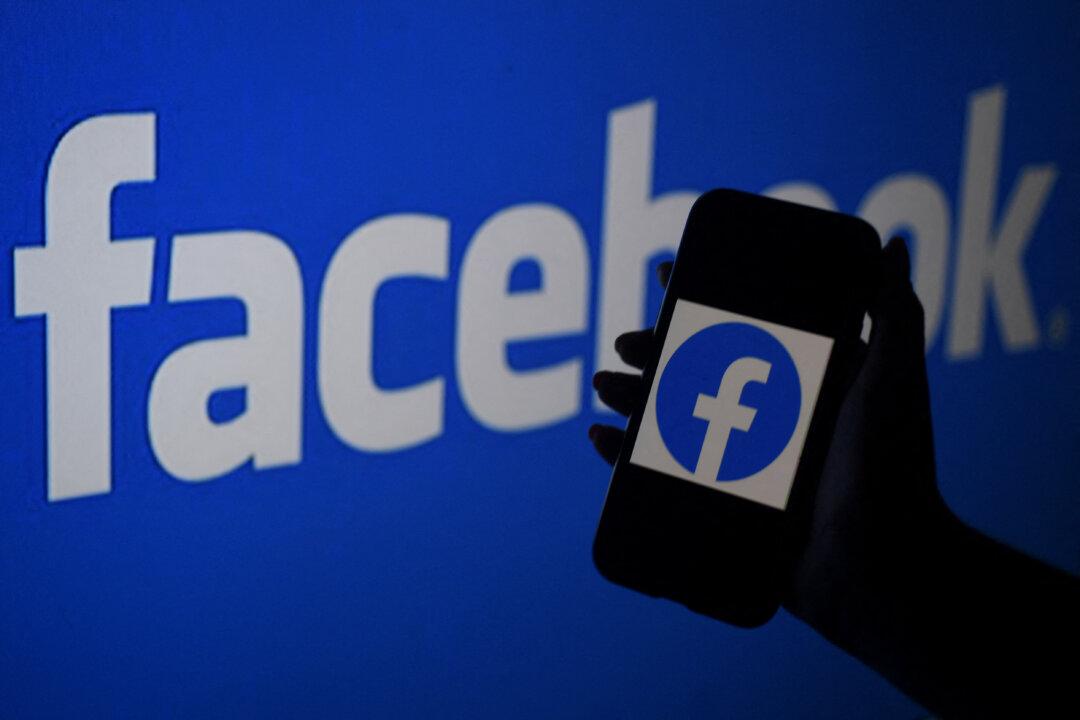Facebook has announced a phased rollout of Facebook News to a small group of Australian users, as well as a $15 million (US$11.1 million) news fund.
Facebook News will provide personalised news content for users in a separate tab on its app.

Facebook has announced a phased rollout of Facebook News to a small group of Australian users, as well as a $15 million (US$11.1 million) news fund.
Facebook News will provide personalised news content for users in a separate tab on its app.